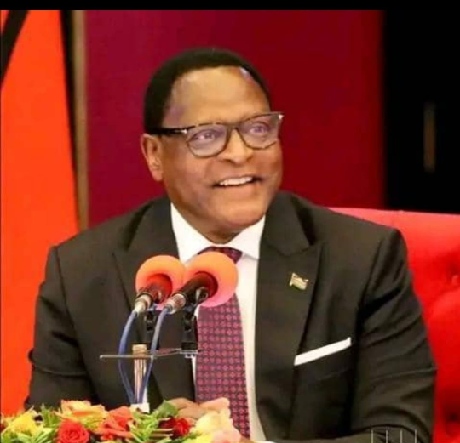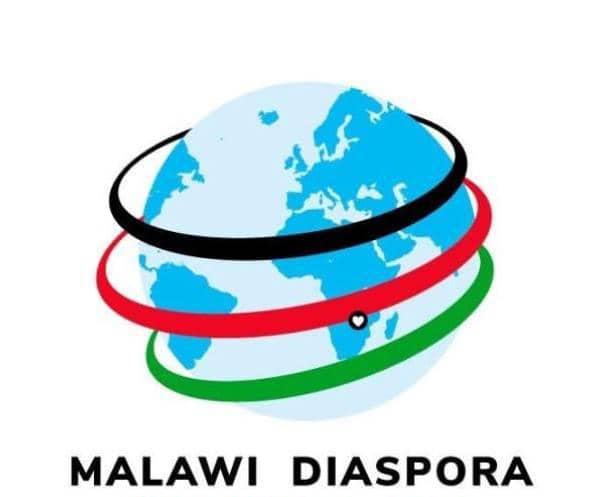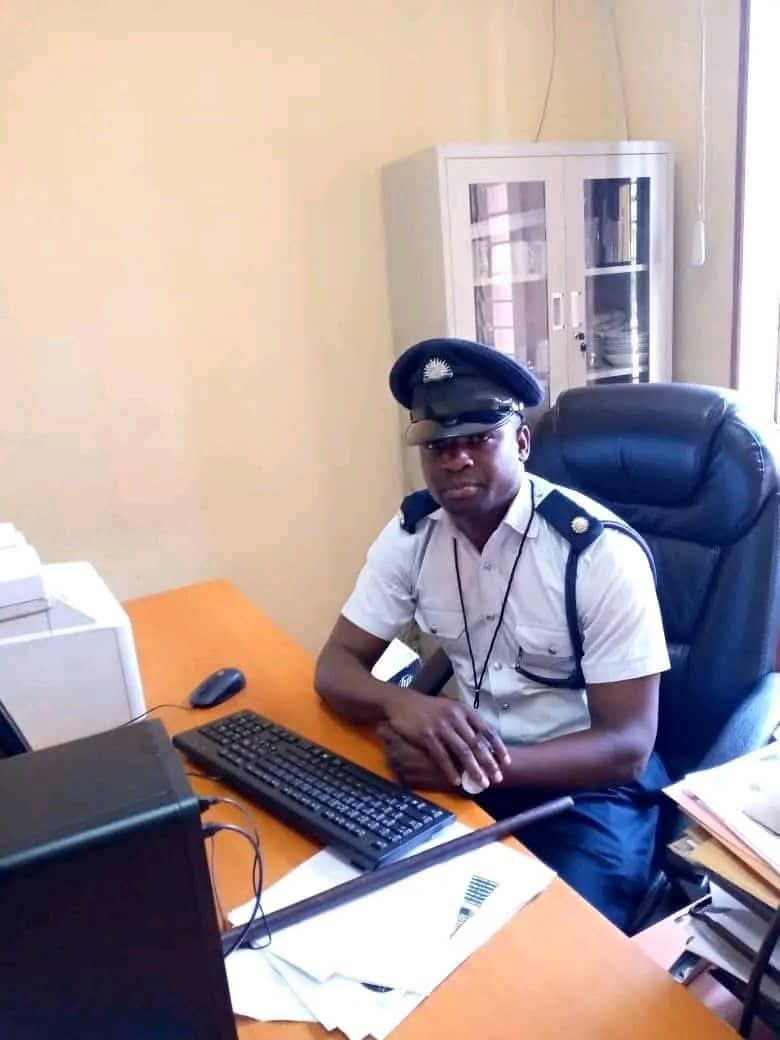By Burnett Munthali
President Lazarus Chakwera’s frequent domestic travels have significant implications for Malawi’s economy. The constant movement of the head of state incurs substantial costs, including transportation, and security expenses. These expenditures strain the national budget and divert resources from other critical areas such as healthcare and education.
The President’s extensive travel schedule often means he is not present in his office to oversee daily government operations and decision-making processes. This absence can delay important policy decisions and hinder the effective management of governmental affairs. The constant travel may also lead to reduced engagement with key stakeholders and constituents.
Effective delegation is crucial in a well-functioning administration. The President’s frequent travels highlight the importance of delegation within the government. A strong and capable cabinet is essential for the smooth operation of the state. Delegating responsibilities to ministers ensures that various sectors receive the attention and expertise they require, allowing the President to focus on strategic issues and national priorities.
When the President handles all responsibilities personally without involving his cabinet ministers, it can lead to inefficiencies and a lack of coordination. Centralized leadership may cause bottlenecks in decision-making and prevent other officials from fully utilizing their expertise. This approach can undermine the overall effectiveness of the government and create challenges in implementing policies efficiently.
Chakwera’s continuous domestic travel may give the impression of a leader who is more focused on touring the country rather than addressing governance issues. This perception could lead to questions about whether these trips are strategic or merely symbolic. Critics might interpret the frequent travels as a form of farewell tour or a way to maintain public visibility rather than addressing pressing national concerns.
In summary, while domestic trips can be an essential aspect of leadership and engagement with the public, the President’s extensive travel schedule raises concerns about its impact on the economy, governance efficiency, and public perception. Effective delegation and strategic planning are vital to balance the demands of travel with the responsibilities of leadership




